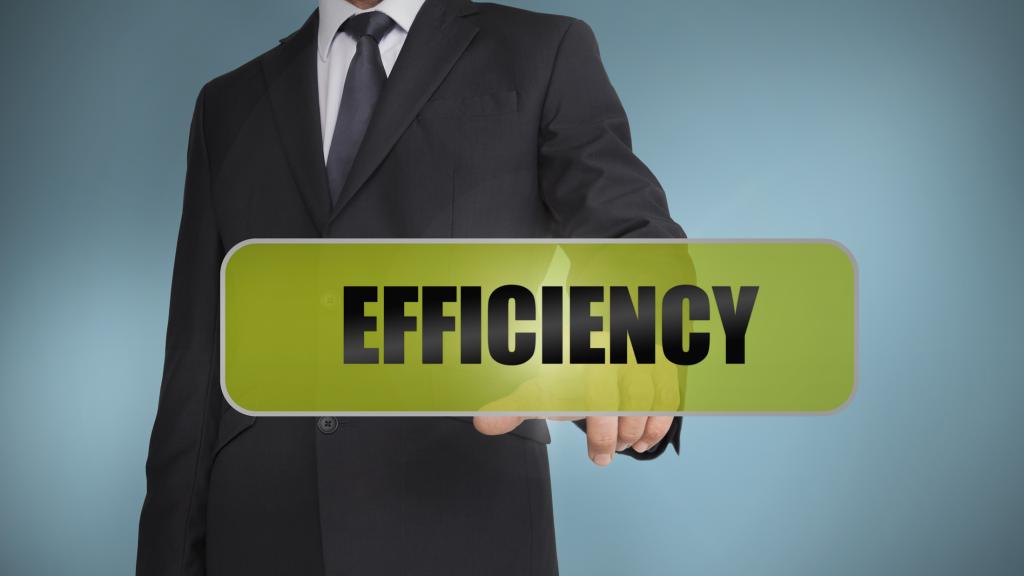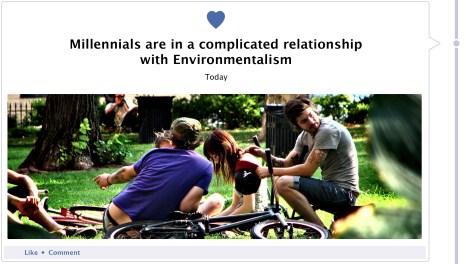We’ve been called out: Millennials are not environmentalists. A new Pew Research Center report says that only 32 percent of people born after 1980 identify themselves as such — versus 42 percent of people born between 1965 and 1980, or even 44 percent of those born after 1945. But, as someone born in 1988, I find it hard to believe any of those numbers actually matter.
The old guard loves to harp on us for being an apathetic, unmotivated, and lazy bunch (old guards tend to make a habit of this, regardless of the era). OK, as a generation, we might not be storming the streets, or the seas, a lá Greenpeace — but judging by the host of things still going badly for planet Earth, while that kind of activism may be admirable, it seems clear it’s not the silver bullet. Growing up with a universe of information constantly at our fingertips means we know every issue is complicated and loaded with unintended consequence. We know solutions that rely on preachiness or dogmatism won’t last. So think of us as hipsters who embrace the complicated (though I would never call a unique individual such as myself a hipster. Ahem).
And look at what’s actually happening. Millennials are far less likely to own a car, or to even make that a priority. Instead, we tend to opt for public transit, biking, or car sharing. While millennials don’t identify as vegetarians, either, we actually trend towards eating less meat — and we value the eating experience, which means that, though we tend to make less for our work (or sometimes nothing at all), a lot of us are still willing to spend a little more to go organic and local. Heck, even the fact that so many of us still live at home, or choose to live in shared houses or dorms rather than getting a place of our own, translates to a more efficient use of household water, electricity, and gas.
Which isn’t to say that millennials are making these choices exactly for the purpose of being green. We do it because it makes sense: Green living is more affordable, more enjoyable, and thus perhaps makes us more able to deal with the messes we’ve been left with. But, as long as things are starting to change, does it really matter what the motivation is? And can’t there be more than one motivation? Millennials seem more likely to recognize that the environment doesn’t exist in a glass bubble, that it’s tied in with business, technology, and what’s on your plate. Protecting the environment is not something out there and far away, but something right here that needs to be intelligently incorporated into our day-to-day.
Not that I’m not trying to give my generation a gold star for having it all figured out. We can, and hopefully will, do a lot more. But the fact we don’t identify as environmentalists doesn’t mean that we pour motor oil into the ocean for kicks. Just like, according to the same Pew report, while only 27 percent of us actively identify as Democrats, 60 percent of us voted for Obama in 2012. In fact, only half of millennials choose to identify with a political party at all — but that doesn’t mean we vote any less. Life is complicated, and there are multiple sides to most big dilemmas. Rejecting a label isn’t necessarily rejecting the cause. It means choosing to take a little more ownership over what “caring about the environment” actually means.
So go ahead, call us “environmentalists.” If we don’t answer, it’s because we’re too busy trying to make things better.




